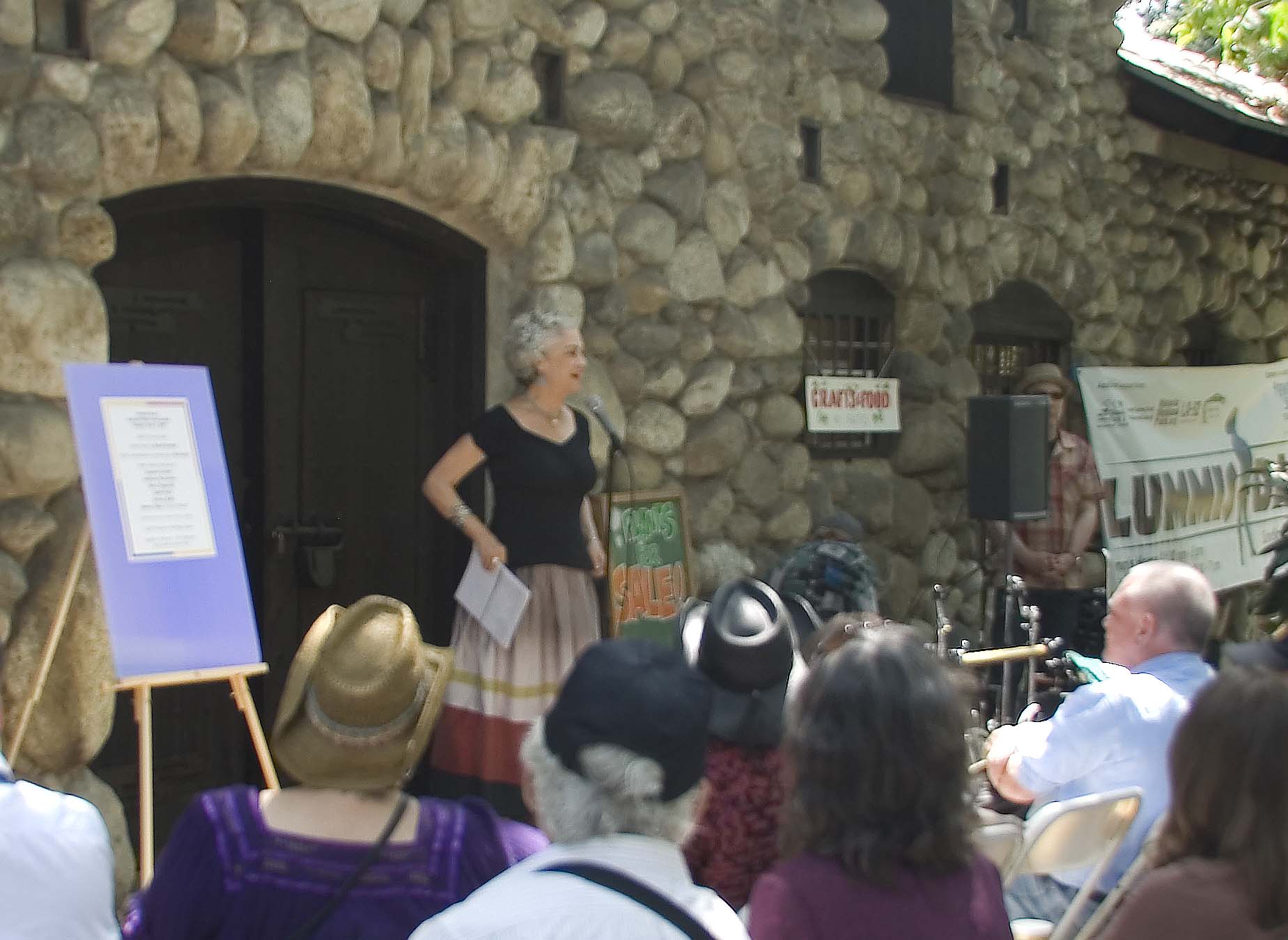This past April the Pulitzer Prize board rocked the literary world when it failed to select a winner for the annual fiction prize. Yesterday, novelist Michael Cunningham—a member of the 2012 fiction jury, which was responsible for selecting this year's finalists—wrote a letter on behalf of the jury for the New Yorker website, detailing his experiences as part of the jury and the repercussions of the board’s decision.
A two-part series, with the second installment appearing today, Cunningham’s letter was not so much an attempt to explain what happened (he couldn’t, really: The final decision was not up to the jury, nor did the board explain their decision) but rather an ode to the finalists, and the many other books that he and his fellow jurors spent a year reading, reviewing, and—at times painfully—eliminating.
Along with Cunningham, the two other jurors this year were Maureen Corrigan, a book critic on NPR’s “Fresh Air” and professor of English at Georgetown University, and Susan Larson, the host of “The Reading Life” on NPR. The jury, Cunningham writes, which changes every year, is charged with selecting the three finalists out of three hundred books. The finalists are then sent for vote to the Pulitzer board—which is comprised of eighteen members, primarily journalists and academics, who each serve a three-year term.
“The jury does not designate a winner, or even indicate a favorite,” Cunningham writes. “The jury provides the board with three equally ranked options. The members of the board can, if they’re unsatisfied with the three nominees, ask the jury for a fourth possibility. No such call was made.”
In part one of the series, Cunningham focuses on the often difficult and sometimes heartbreaking process that he and his fellow jurors undertook to select the finalists. In part two, subtitled “How to Define Greatness?” he delves a little deeper, pondering what it means to search for, discover, and dismiss great new fiction.
In the end, the finalists included three novels: Denis Johnson’s Train Dreams (Farrar, Straus and Giroux), Karen Russell’s debut, Swamplandia! (Knopf), and the late David Foster Wallace’s The Pale King (Little, Brown). Tracy K. Smith took the prize in poetry for her collection, Life on Mars (Graywolf), and Stephen Greenblatt won the nonfiction prize for The Swerve: How the World Became Modern (Norton).
The Pulitzer board has denied a prize in fiction nine times, most recently in 1977, and in 1974, when Gravity’s Rainbow was a finalist.





 Before the publication of my first poetry collection,The Definition of Place, the idea of performing my writing never crossed my mind. I'd been active in several poetry communities, but it wasn't until the book arrived and I held it in my hands that I realized the promotion of it would be a task to which I was not accustomed. It was the early grant support Poets & Writers gave me to go out and read my work that enabled me to introduce myself to a larger and varied audience—and to nurture relationships—especially on the East Coast, which is where I am based. I think it is important that beginning poets understand that the
Before the publication of my first poetry collection,The Definition of Place, the idea of performing my writing never crossed my mind. I'd been active in several poetry communities, but it wasn't until the book arrived and I held it in my hands that I realized the promotion of it would be a task to which I was not accustomed. It was the early grant support Poets & Writers gave me to go out and read my work that enabled me to introduce myself to a larger and varied audience—and to nurture relationships—especially on the East Coast, which is where I am based. I think it is important that beginning poets understand that the Mary Fitzpatrick elegantly flipped from ironic meditations on the innocence of young love to a scathing review of the social masks so normal to Angeleno life. Her poem “Pompeii” concluded with a question: Is our culture evolving, or are we as trapped in artifice as the civilization of Pompeii after the historic volcano eruption encased it in stone?
Mary Fitzpatrick elegantly flipped from ironic meditations on the innocence of young love to a scathing review of the social masks so normal to Angeleno life. Her poem “Pompeii” concluded with a question: Is our culture evolving, or are we as trapped in artifice as the civilization of Pompeii after the historic volcano eruption encased it in stone?